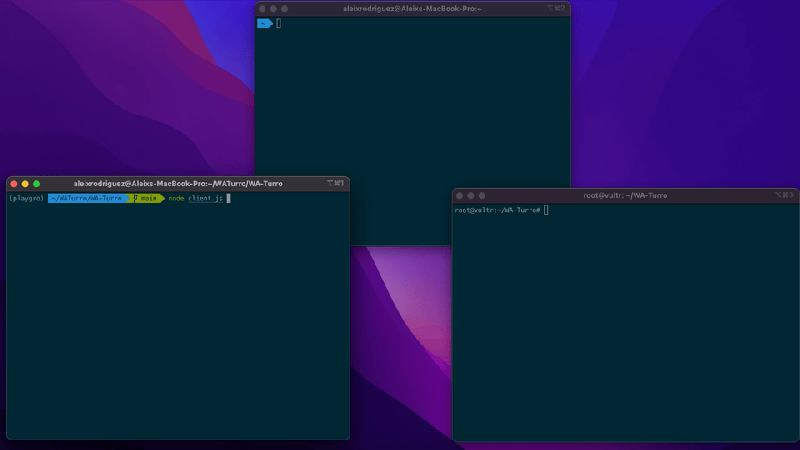 As we returned from Supercon 2022, we noticed many airlines offer free in-flight messaging. While the messages are handy for complaining about the seat size, it isn’t quite as exciting as access to the internet. In the air, we wondered how hard it would be to tunnel an internet connection over messaging. Funny enough, [Aleix Rodríguez Alameda] has a project that does exactly that by tunneling traffic over Whatsapp.
As we returned from Supercon 2022, we noticed many airlines offer free in-flight messaging. While the messages are handy for complaining about the seat size, it isn’t quite as exciting as access to the internet. In the air, we wondered how hard it would be to tunnel an internet connection over messaging. Funny enough, [Aleix Rodríguez Alameda] has a project that does exactly that by tunneling traffic over Whatsapp.
In [Aleix]’s case, cell carriers are pretty stingy with internet data when traveling in South America but often give unlimited WhatsApp data. So, ahead of time, two accounts are set up. A server is on one account and acts as a proxy to the broader internet and listens to messages to the server account. Then when in a restricted access setting, the client connects with a WebSocket and sends messages. The real trick for turning the WhatsApp messages into an internet connection the client can use is exposing a port from a local nodeJS web server. It connects to the WhatsApp API through a WebSocket and then acts as a proxy. Then, you set up traffic to be redirected through that port with curl or Firefox.
Packets are split to prevent you from sending too many messages, as in their testing, [Aleix]’s accounts were banned quickly. You shouldn’t expect massively fast speeds, as 300kbps was pretty typical during testing, which according to Wikipedia, is about what dial-up got with V.44 compression.
Which is around the same speed as TCP/IP tunneled over NRF23L01 radios.










More Stories
via the ARRL: Amateur Radio Licensing Update During US Government Shutdown
via Hackaday: DIY Telescope Mount for Stellar Tracking
via Hackaday: Quieting that Radio